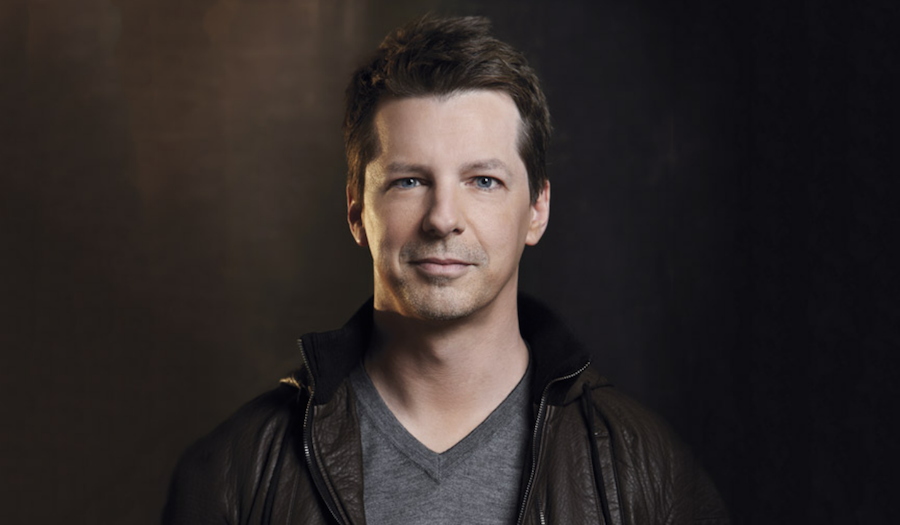As a Caregiver, Funny Man Sean Hayes Says ‘There’s Never Enough Time’

You may know him as the over-the-top Jack McFarland from NBC’s hit comedy, “Will & Grace” – but you may not know that actor Sean Hayes was also one of the nearly 16 million adults in the United States caring for a loved one with Alzheimer’s. His mother, Mary, sadly passed from the disease in 2018. In honor of National Alzheimer’s Awareness and National Family Caregiving month, we recently interviewed Hayes about his time as a caregiver and what he learned from the experience that changed his life and his perspective.
1. When your mother was diagnosed with Alzheimer’s you and your siblings became the main source of her daily care. What was that transition like from son to caretaker?
My mom dedicated her life to helping those in need. She was constantly giving of herself and her time, and she never liked getting attention or being thought of as needy. She would drop everything to be there for anyone or anything. So, when my mother was diagnosed with Alzheimer’s disease, our family knew that we had to do everything we could to help take care of her. But what we didn’t know was just how difficult, frustrating, time-consuming and completely exhausting the act of caregiving could be.
Although my family and I were able to jump in at different moments in our lives to lend as much time as we could to care for our mom, it was hard for all of us to balance careers, families and personal priorities. Of course, we cherished the little time we knew we had left with her, but the ups and downs of her condition paired with the emotional toll of caregiving pushed all of us to our limits, both physically and mentally.
2. How did you and your family manage that stress surrounding your mother’s care?
Sooner or later, everyone needs a helping hand, even those who spend their whole lives helping others – which is something my mother taught me firsthand. So, while my family and I knew we were in a difficult situation, we also knew we weren’t alone and that there were resources that could help.
In the beginning, we were constantly just looking for an extra set of hands to help with doctor’s appointments, meals, exercise and just day-to-day care. But we quickly realized that even with all of the extra help we had caring for my mom, we were still ill-equipped to deal with an Alzheimer’s patient at her advanced stage of suffering, and ultimately found the right assisted care home for her – which was a difficult, but necessary decision to make.
Taking care of your own mental health is also extremely important. Many caretakers report feelings of depression, which I can absolutely relate to, having gone down that road during my mother’s struggle with Alzheimer’s. I can absolutely empathize.
3. Finding time for yourself when you’re caregiving can be a challenge. How can we best support the caregivers in our lives that are dealing with stresses similar to what you experienced?
Being a caregiver was one of the hardest things I’ve ever done and what I wish I had more of was time. Time to care for myself, so that I could be my best for her when she needed me the most – because life does not slow down when you’re caring for someone you love. Ask any caregiver and they’ll tell you there’s never enough time to do everything that needs to be done, and too few moments of peace to actually spend quality time with their loved one while they’re still here. When a caregiver’s time is overwhelmed, they’re always at risk of getting burned out, which means both the caregiver and their loved one may suffer even more.
So, if you’re looking for ways to support caregivers, just ask. Speaking as a former caregiver, I can tell you that even pledging a few minutes of your own time can make a huge difference for a caregiver who needs a hand — and really, that’s all of them. One caregiver might need a hand preparing meals for the week, while another could use help running errands, or just getting a short break to help them to recharge so they can be their best selves for the loved ones who are counting on them. It’s really that simple — but it can change lives.
This Q&A was featured in the November 3rd edition of The Sunday Paper. The Sunday Paper inspires hearts and minds to rise above the noise. To get The Sunday Paper delivered to your inbox each Sunday morning for free, click here to subscribe.

